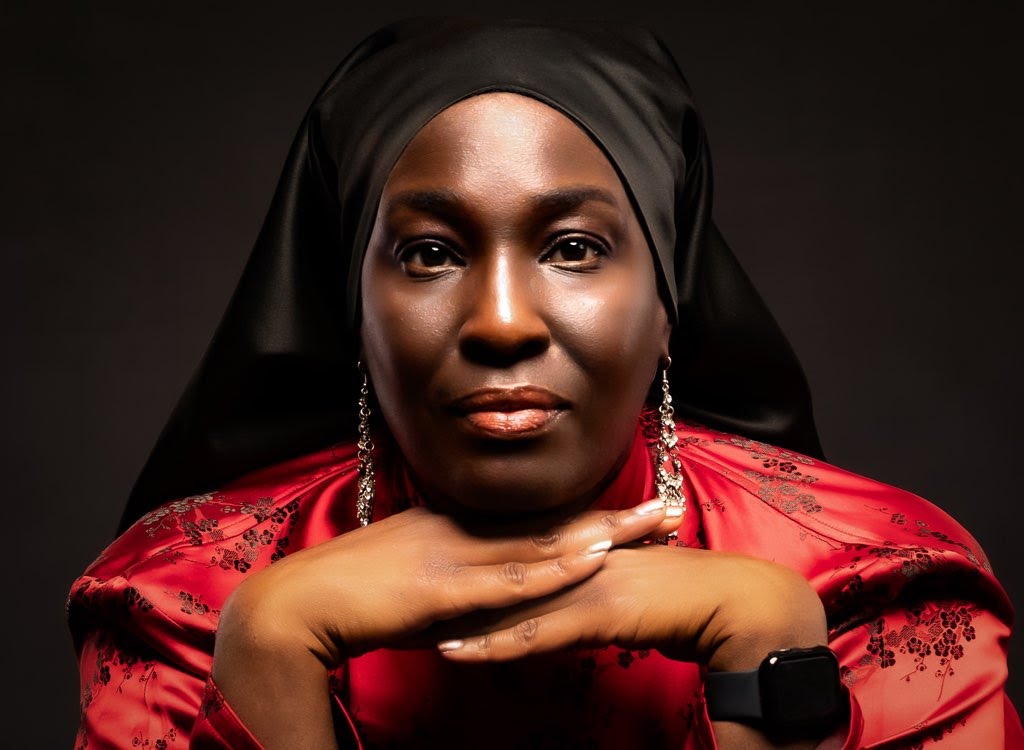The thought of death for most of us is frightening. From the moment we become aware of our existence, we are constantly working towards trying to preserve our life. It’s instinctual—stay alive for as long as we can.

Suicide. What makes a person take their own life? The idea of taking one’s life seems unthinkable for many, but for those who may be experiencing severe mental health issues or other personal problems, the unthinkable can become a reality. For the family and friends of those who have taken their life, many wonder about the signs. How could anyone miss signs of someone who is suicidal?
Many suffer in silence, while trying to maintain some level of normalcy. Others may have a shift in their demeanor and/or behavior but even then, that still doesn’t absolutely indicate that someone is considering suicide. There are no clear-cut answers to why a person chooses to die by suicide, but we know that everyone’s situation is unique and complex to them.
According to the U.S. Department of Health and Human Services, 60 percent of persons who die by suicide have had a mood disorder (major depressive disorder, bipolar, dysthymia, etc.). To put it simply, mood disorders effect how we feel. Having a mood disorder diagnosis does not mean one will automatically be suicidal, however, the risk may increase if there’s a diagnosis.
Addressing mental health is still not openly discussed or fully understood in society and until we begin to have more open conversations about mental health, we will continue to see tragedies that shake up our community. Mental health is seen as a detached part of our body, secondary to our physical health. Though stigmas regarding mental health have decreased over the years, there is still a sense of shame associated with it therefore causing many to suffer and not seek the appropriate help.
It is hard to fully encapsulate the complexities associated with the why of suicide. Can you be in a room full of people and still feel lonely and isolated? Can you have all the creature comforts of life and still feel unhappy and unfulfilled? Absolutely. We associate financial security with emotional well being but that is not necessarily so. What many fail to recognize is that there is a pain that can’t be seen but is constantly felt that those who are suicidal have that doesn’t go away with drugs, alcohol, sex or even religious practice.

We live in a world that tells us to suck it up and pretend that it’s all good. It is OK to feel. We are taught to not always honor what we feel and to not “be in our emotions.” As a psychotherapist, I encourage us all to get in touch with our emotions and feel. When we begin to allow ourselves to feel we can focus on naming our emotions and if we are unable to manage or cope with what it is we are feeling, we can seek assistance to better understand our emotions.
Whether someone is feeling suicidal, experiencing trauma or any other issue, talk to someone who is willing to listen. No one should have to struggle by themselves with their emotions. If someone shares what they are struggling with, listen, even if you do not know what to say. You can let them know you are there for them and you can encourage them and support them in getting help with a mental health professional.
For anyone that is struggling, know there are those who will listen without judgment, and with empathy. If you do not feel comfortable speaking to a family member or friend, seek professional help. There are no magic words or actions that can take away the hurt that someone is feeling but knowing that you can talk to someone helps.
Suicide is an issue in all our communities, regardless of race, religion or creed. For those who may be thinking about suicide, please talk to a family member, friend or mental health professional as soon as possible. Contact the National Suicide Prevention Lifeline at 1-800-273-TALK (1-800-273-8255). You’ll be connected to a skilled, trained counselor in your area. You can also connect 24/7 to a crisis counselor by texting the Crisis Text Line. Text HOME to 741741. Both are free and confidential.
Saaudiah Muhammad is passionate about helping those in need and eliminating the stigma surrounding mental health, especially in the Black community. As a Licensed Clinical Social Worker who works as a psychotherapist, she sees clients who are struggling with anxiety, depression, adjustment disorder and various kinds of trauma. Her goal is to help her clients face their issues, offer coping strategies, and help them know they are not alone in their journey. For more information, contact [email protected] or visit The Muslim Therapist at https://site-1601078-112-119.mystrikingly.com/













